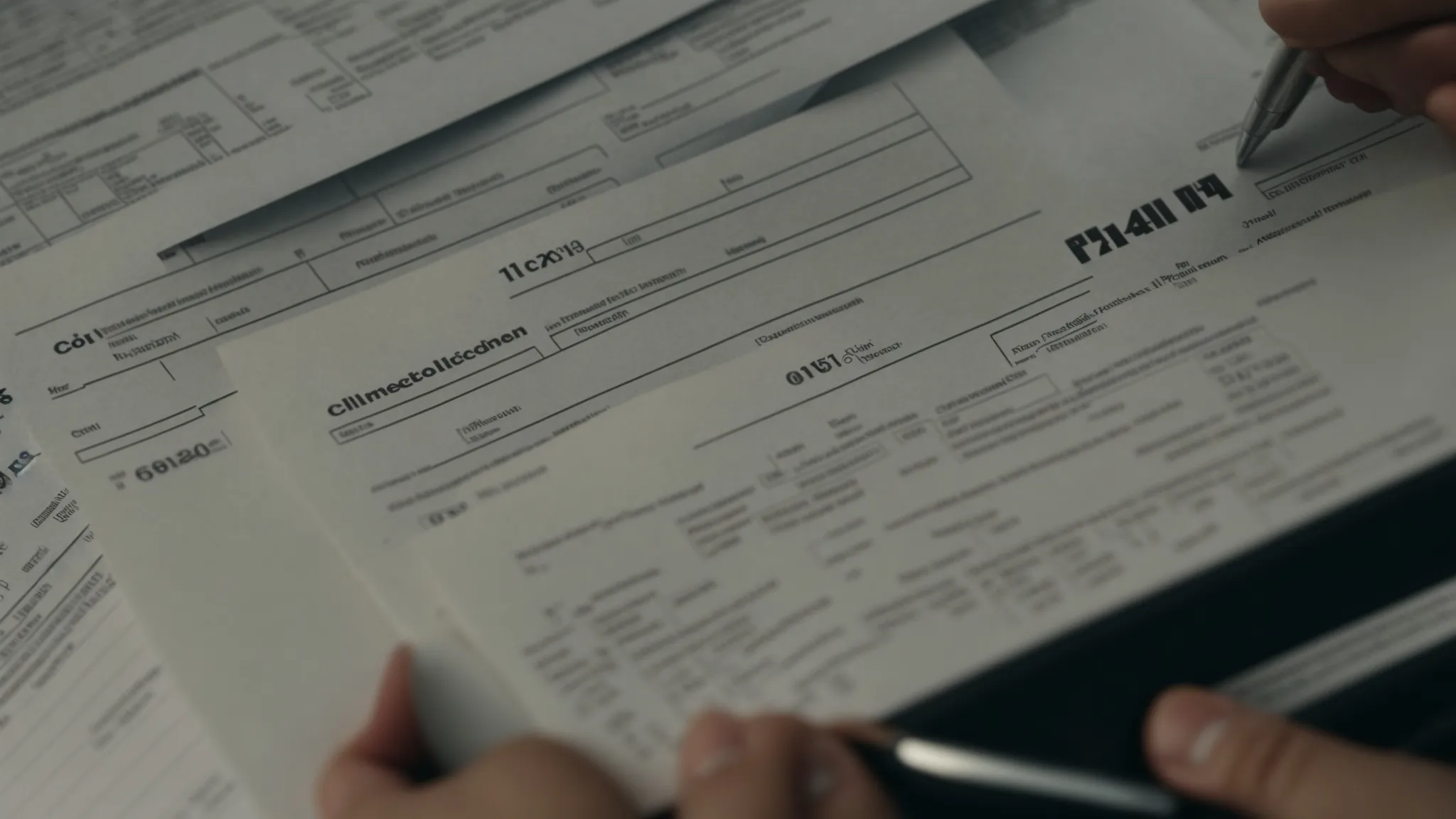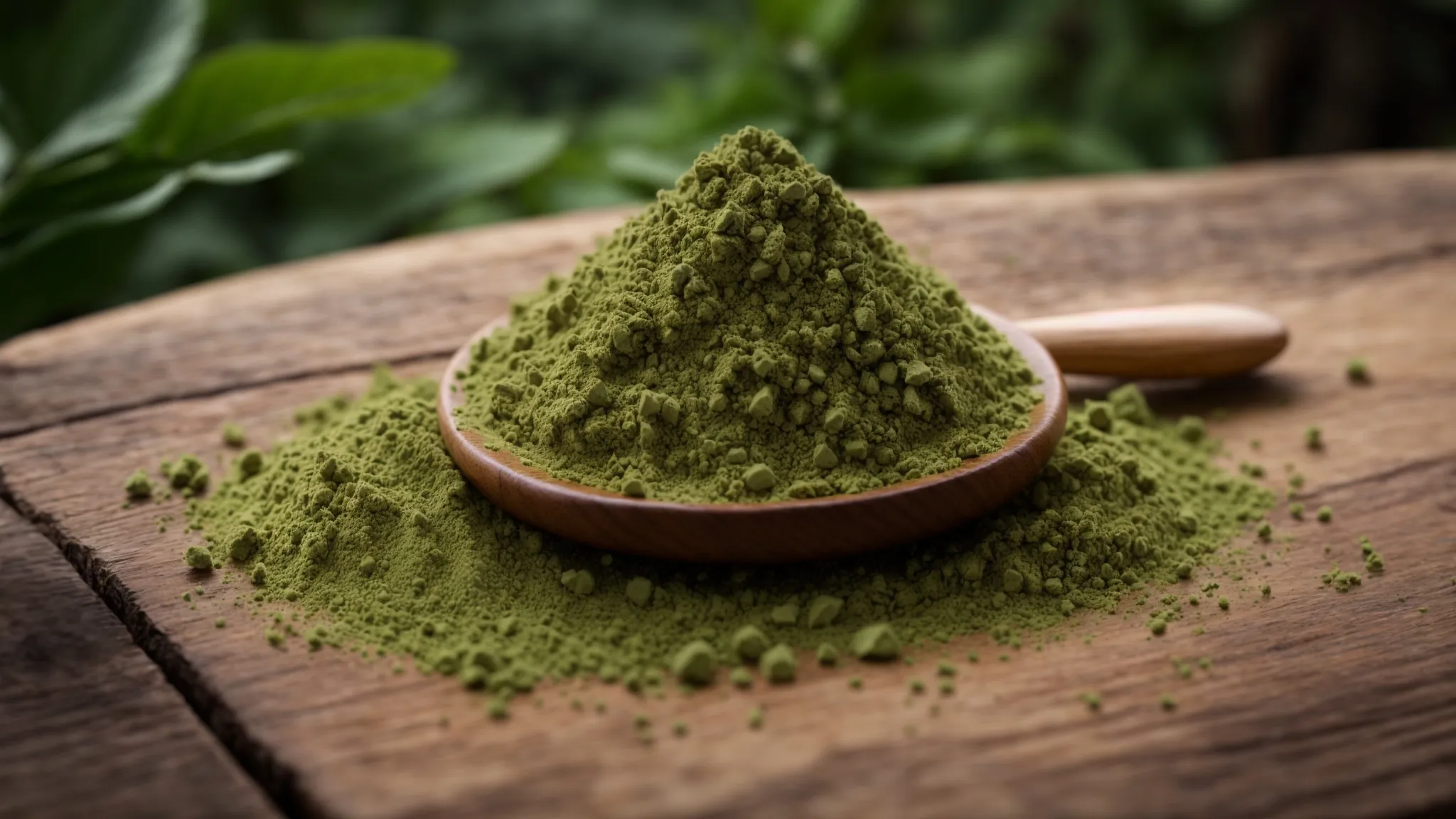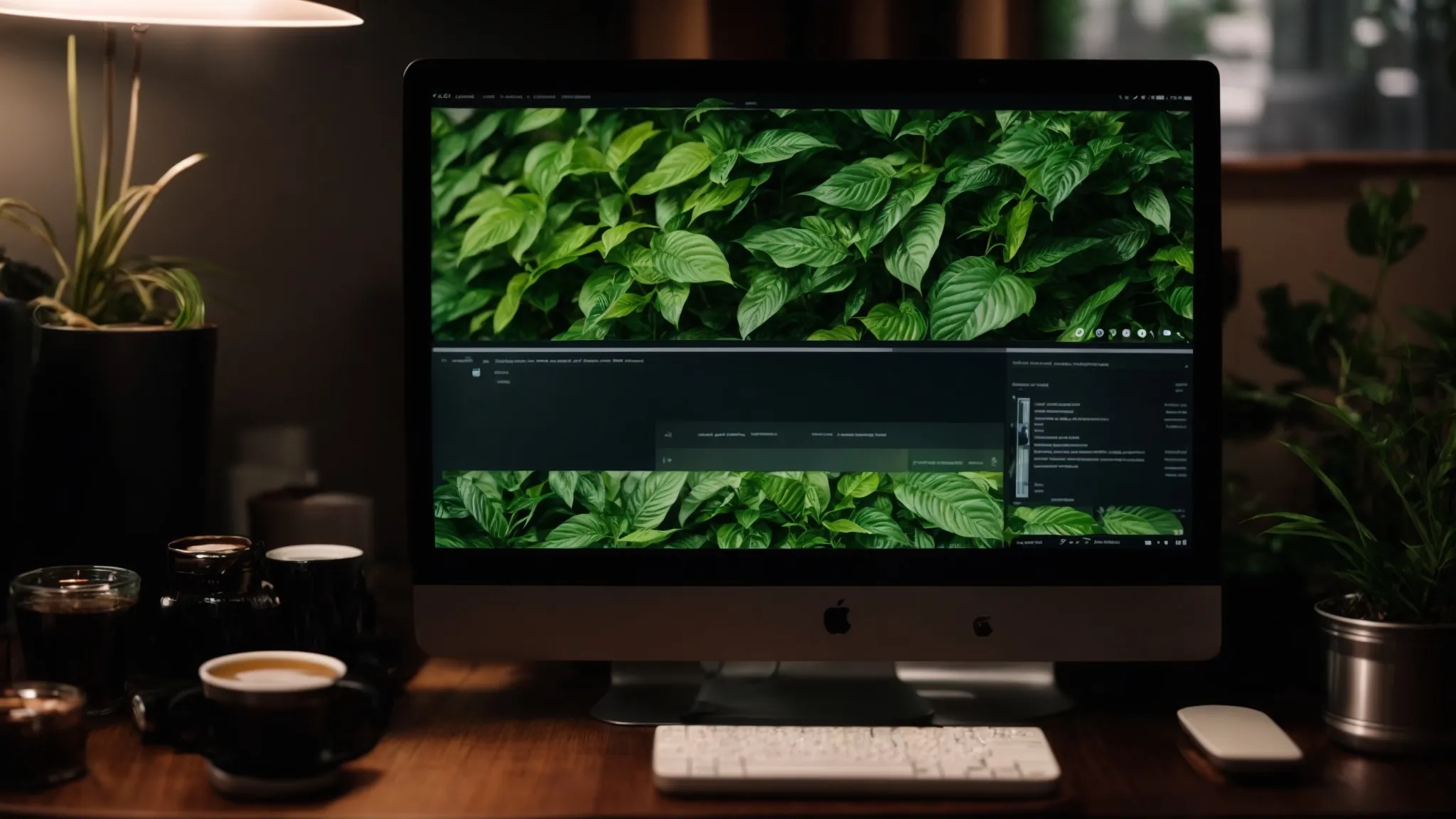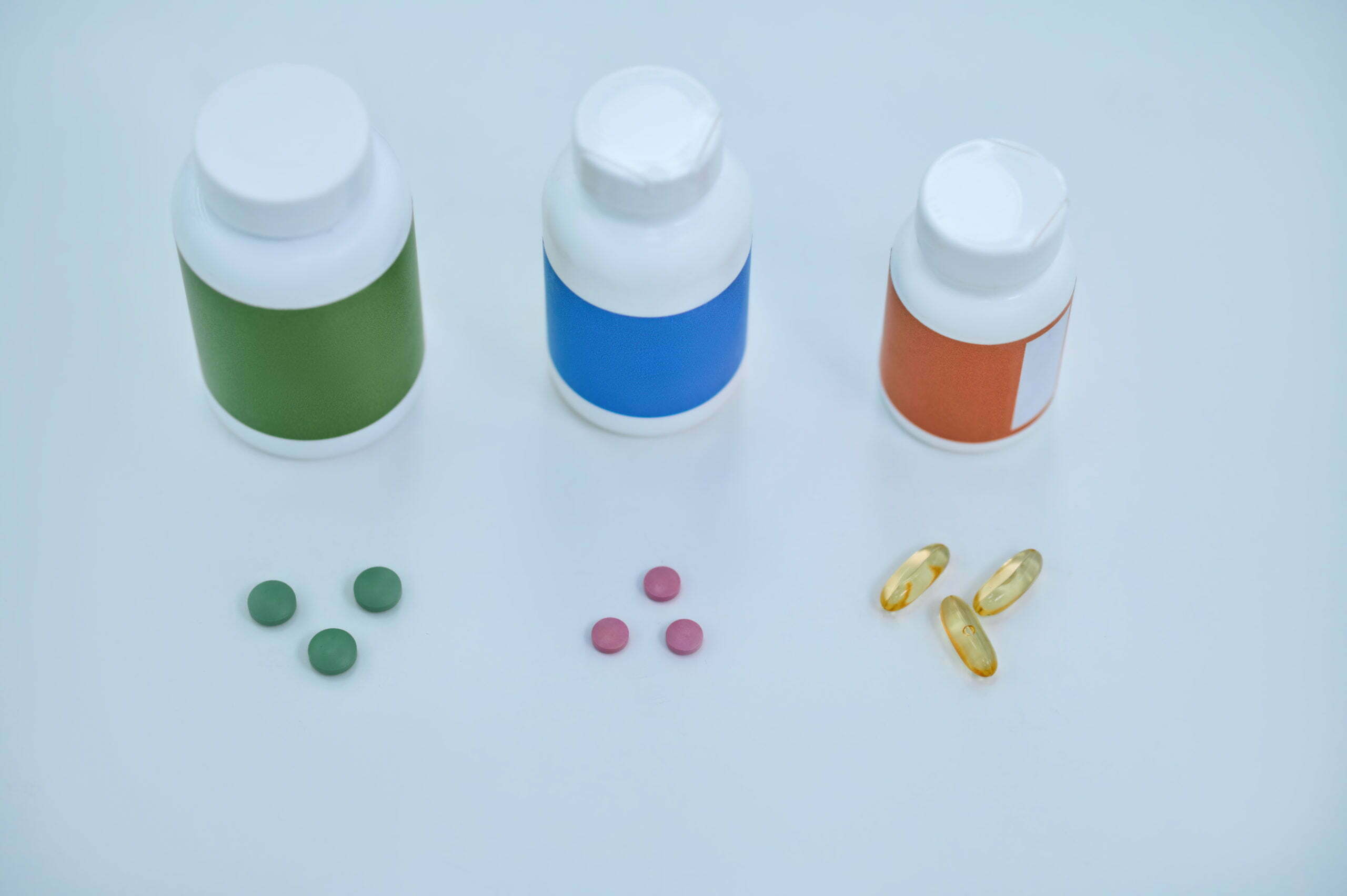If you were a child in the 1990s, the familiar faces of Captain Planet, the flying Magic School Bus, and the (still) famous “Bill Nye the Science Guy” graced television and books. To make science and saving the planet fun, these shows were dedicated to showing children how and why environmental savior was vital.
Today, the efforts of these shows haven’t struck the chord they wanted, while the news reports of deforestation and the disappearing fossil fuels. You can still read and catch a show of the Magic School Bus and watch Bill Nye discuss issues about the dangers our planet is in. It may seem hopeless that you can make a difference by doing everyday things such as recycling and going organic. However, saving the planet is still cool (minus a blue-faced superhero). Here are some tips that you can do to live a greener, healthier life to help Earth and keep your body cleaner, too.
Inhabit Smaller Spaces
If you love petite and tiny things, you may be a fan of every show concerning tiny homes. These are geared towards people trying to downsize from the large, in your face daily life and live simpler. Small houses or containers homes can help you financially, allowing you to own your own place without the years of debt and mortgages. Many tiny houses rely on greener solutions such as recycling the water throughout the home. These houses are popping up all over the US and growing in popularity.
Alternative energy is also being used such as, for example, solar panels in Arizona and other parts of the county to fuel and electrify a home. Tiny homes and spaces utilize the small measurement of the area inside, allowing for more creative ways to save space, land, and excessiveness. An example is using stairs which double as storage, shelving or foldable tables which transform into beds.
Repurpose Old Belongings
With some imagination (or some help from DIY websites), you can create wonderful items that are aesthetically pleasing and helpful in your home. Repurposing declines the amount of garbage that is tossed out and can be turned into something else. An old spring mattress, for example, can be transformed into a greener solution for planters outside for an herb garden, Reclaimed wood can be made into countertops and tables, or even shelves for the home or office. This renewable source lowers the need for new lumber.
You can find new homes for old items like toys and clothes. Old plastic dinosaur toys can be used as clothing hooks or fun drawer knobs or your tattered beloved sweater made into a pillow. Use old teacups found at a flea market instead of plastic cups or metal straws you can carry with you. Restaurants are banning straws and stores are asking consumers to use reusable bags to limit the use of plastic and helping to keep the environment cleaner. 8 million tons of plastic can be found in the world’s oceans, harming coral reefs, and killing off ocean wildlife.
Promote Clean Health
Your own personal health can assist environmental aid by, for example, cutting down deforestation, fashion, and harmful plastics. Drinking from reusable glass containers are a great way to reduce using plastic squeeze bottles. Eating greener and taking care of yourself with healthier supplements is easy thanks to companies such as Makers Nutrition.
Limiting meat in your everyday diet lowers the need for extra food and water strickly for livestock raised for meat (and emissions from slaughter factories). It also encourages farmers to use more land for production, creating flowering plants that attract the disappearing bees. They are vital to the environment for fruit trees, flowers, and other edible plants people count on for sustenance. CBD from hemp can play a role in helping the environment and personal health. It may help lower stress, anxiety, and chronic pain. You can find this hemp plant in soft gel capsules, oils, and tinctures.












